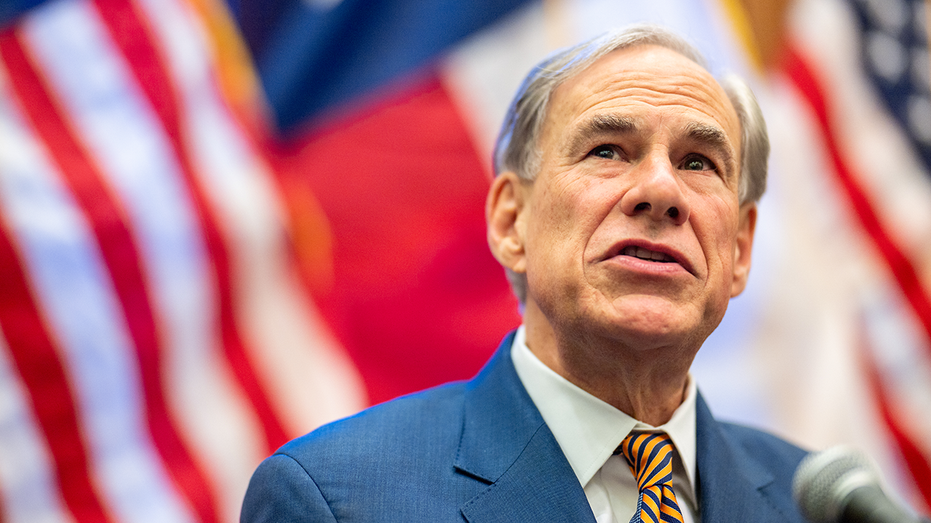A political tremor is running through Tennessee’s 7th Congressional District. With Election Day just a week away, a normally secure Republican seat is now the focus of a furious, multi-million dollar battle between both parties.
The district, historically a Republican stronghold carried by a significant margin in the last presidential election, is unexpectedly within reach for Democrats. A surge of energy following recent victories nationwide has fueled a surprisingly competitive race, prompting both sides to invest heavily in a contest they once considered a formality.
Republican nominee Matt Van Epps, a decorated combat veteran endorsed by former President Trump, is emphasizing his military service and a promise to tackle the rising cost of living. His campaign paints a picture of strength and experience, appealing to traditional conservative values.
But facing him is Aftyn Behn, a Democratic state representative and rising progressive voice. She’s boldly framing the election as a referendum on the current political landscape, directly challenging the Republican agenda and tapping into anxieties about affordability and healthcare.
Behn’s strategy is audacious: to position herself as a check on the opposing party’s power. While acknowledging the challenge, Democratic strategists believe she has a genuine opportunity to upset expectations and claim a stunning victory.
The airwaves are saturated with advertisements, not just from the candidates themselves, but from powerful Super PACs aligned with both parties. Millions are being spent to sway voters in this crucial showdown, highlighting the high stakes involved.
Republicans are aggressively targeting Behn, resurfacing past comments critical of Nashville – a key part of the district – and questioning her commitment to the state. They’re attempting to portray her as an outsider who doesn’t understand or appreciate Tennessee’s values.
These attacks stem from a 2020 podcast appearance where Behn expressed strong dislike for aspects of Nashville’s tourist culture, and a 2019 op-ed where she described Tennessee as a racist state. Republicans are seizing on these statements to cast doubt on her sincerity and suitability for office.
The Behn campaign is fighting back, dismissing the attacks as desperate attempts to distract from a lack of concrete plans to address pressing issues like healthcare and the economy. They point to a surge in early voting, particularly among first-time and infrequent voters, as evidence of growing momentum.
Political analysts remain cautious, noting that special elections in off-years typically draw lower turnout. However, the unprecedented level of investment from both parties signals a recognition that this race is far from predictable.
The outcome in Tennessee’s 7th District could have ripple effects far beyond the state’s borders, potentially reshaping the balance of power in the House of Representatives and sending a powerful message about the shifting political landscape.
Both sides recognize the razor-thin margin for error. Every vote will be critical in determining whether this traditionally red district remains in Republican hands, or whether a wave of Democratic energy can deliver a stunning upset.






